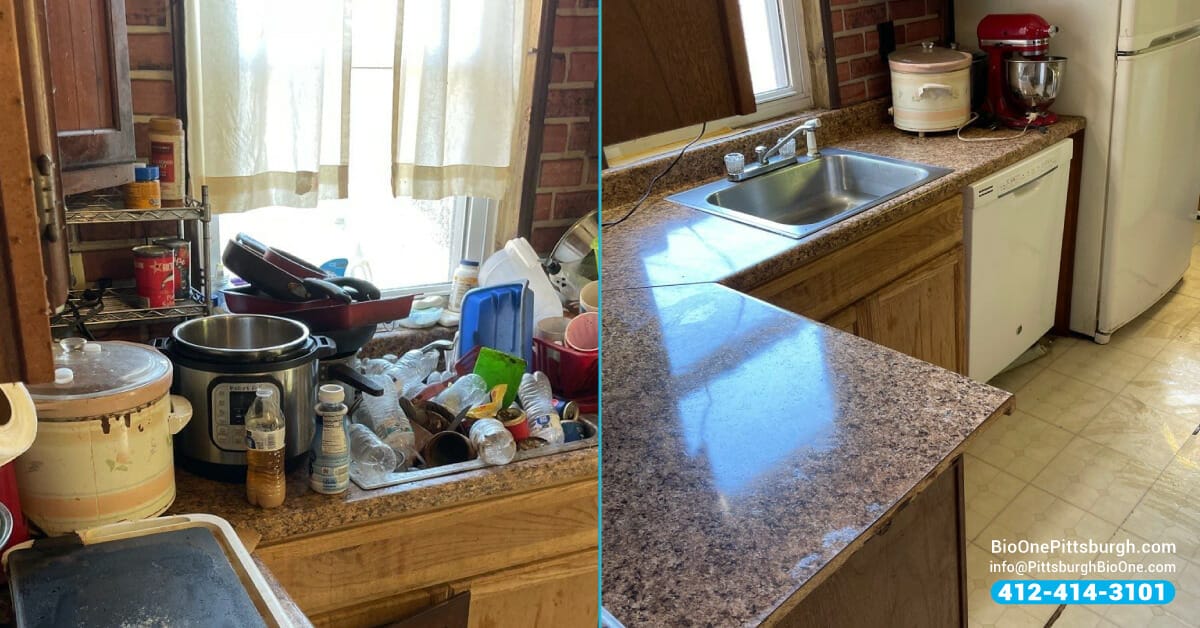
Living with a Hoarding Disorder can be incredibly isolating, not only for the individual engulfed in the tangled web of possessions but also for their families and loved ones. The pile-up of items can create a dangerous living environment and a seemingly inescapable mental fortress for those struggling with hoarding tendencies. Despite the daunting reputation that hoarding disorders carry, there is indeed hope on the horizon. A question that often burns in the hearts of those affected is: Can a hoarder be cured?
In our latest blog, we unpack the realities, treatment approaches, and future visions of a world where hoarding no longer holds its victims captive.
Before we look at the prospects of a cure, it's essential to grasp the intricacies of hoarding. A hoarder experiences great difficulty discarding or parting with possessions, regardless of their perceived value. Cluttered houses, hoarding of items commonly seen as trash, and significant distress or impairment in functioning are also key indicators.
Those living with hoarding face an uphill battle against their own cognition and the environmental circumstances that their disorder fosters. The overwhelming presence of items often acts as a source of comfort or security, which makes the notion of discarding them intolerable to the hoarder.

Hoarders often encounter a unique set of psychological hurdles in their day-to-day lives. These can range from the dual challenge of facing the tangible act of discarding an item to the intricate web of thoughts and emotions that bind hoarding as a coping mechanism.
Cognitive-behavioral therapy (CBT), for instance, targets the distorted beliefs that lead to hoarding, while practitioners of Exposure and Response Prevention (ERP) guide patients through a gradual process of exposure to the anxiety-provoking situation of discarding items. Medication, particularly selective serotonin reuptake inhibitors (SSRI), also plays a significant role in aiding the reduction of compulsive hoarding behaviors.
Support groups such as the popular Clutterers Anonymous provide a safe space for individuals to share their experiences and learn coping strategies from peers. Community resources, including professional organizing services and local government assistance, can be invaluable tools for hoarders looking to take control of their living spaces.
For the families of hoarders, the effect can be as emotionally taxing as it is perplexing. Balancing the desire to help with the need to respect the hoarder's autonomy is a challenging task. Families are often encouraged to seek psychoeducation on hoarding and acquire practical skills to support their loved one effectively.
Creating a supportive, non-judgmental environment can encourage a hoarder to seek treatment. The implementation of family-based interventions, which include family members in treatment plans, can also be highly effective.

The landscape of hoarding treatment is constantly evolving. Recent advances in the understanding of this disorder have paved the way for innovative and promising interventions.
The development of more targeted medications and gene therapies holds the potential for tailoring treatments to individual patients, optimizing therapeutic outcomes. Researchers are tackling the roots of hoarding through the lens of neurobiology to further uncover the neural mechanisms at play, which may yield breakthrough treatments in the coming years.

Hoarder homes can pose serious health and safety risks due to the accumulation of items and the potential for infestations and structural damage. Bio-One of Pittsburgh steps in to provide professional cleaning services for homes affected by hoarding. By meticulously restoring the home's condition, Bio-One not only addresses the physical aspects of hoarding but also offers a glimpse of a future where a clean, safe, and serene home is attainable!
Bio-One of Pittsburgh is always ready to assist you in unexpected situations. Our expert specialists are always ready to assist you in dealing with highly pressurized situations that may be emotionally and physically draining, allowing you to focus on other vital activities while healing in a sanitary environment. Locally owned and operated, we provide the following:
Bio-One works closely with victim support centers nationwide and local authorities, communities, emergency services personnel, hoarding task forces, apartment communities, insurance companies, and other organizations to accomplish each customer's most efficient and superior service possible.
Many crime scene cleanup companies may face unexpected, unfortunate life events. Still, Bio-One is the right choice because of our expertise and profoundly caring and discreet specialists.
We are proud members of the NAPO Pittsburgh - National Association of Productivity & Organizing Professionals!
Bio-One of Pittsburgh serves the following Pennsylvania counties: Allegheny County, Washington County, Beaver County, Butler County, Armstrong County, Westmoreland County, Lawrence County, Greene County, Fayette County, and Mercer County.
We also serve the following cities and surrounding communities: from Allison Park all the way to Creighton, Crescent, Cuddy Curtisville, Millvale, Monroeville, Oakmont, Pitcairn, Pleasant Hills, Plum, Port Vue, Presto, Rankin, Rennerdale, Rural Ridge, Russellton, Sharpsburg, South Park to Springdale, we are ready to help you.